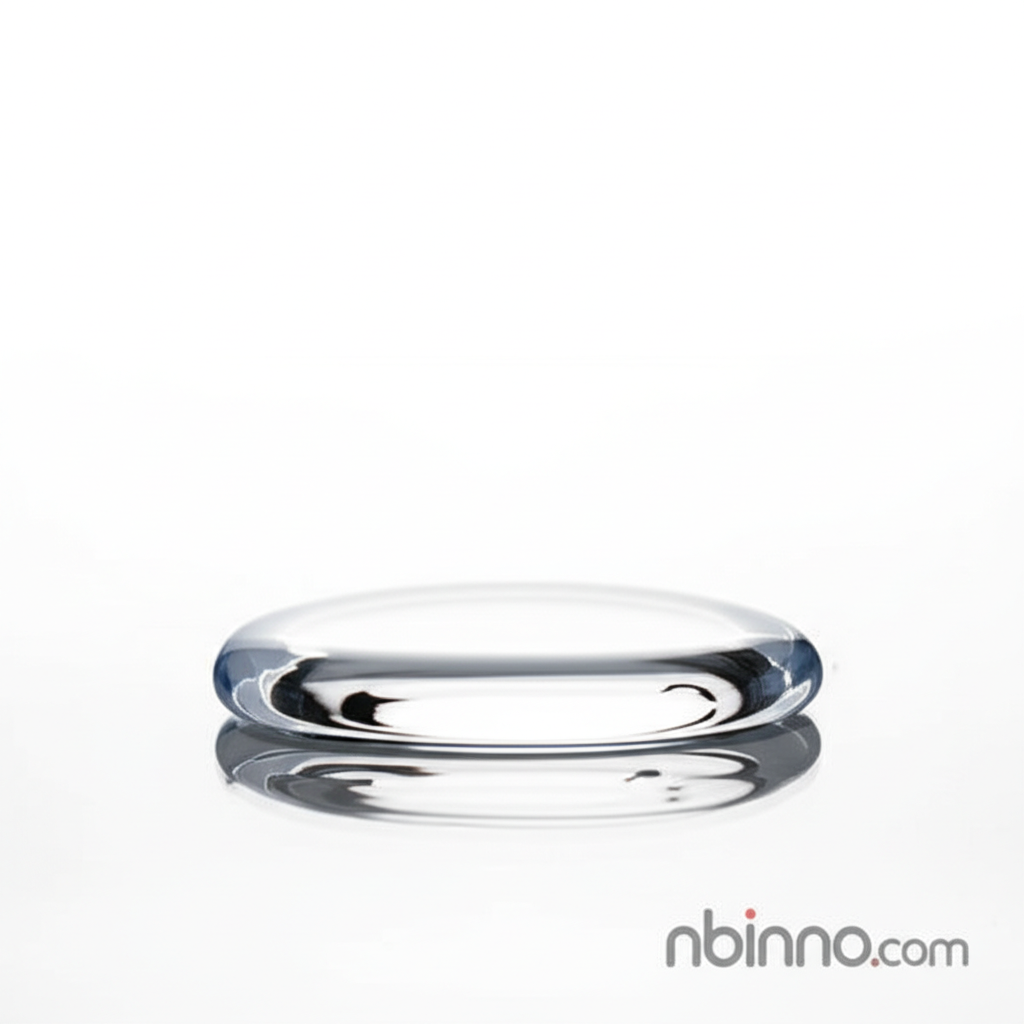Dioctyl Phthalate (DOP): Properties, Applications, and Safety Considerations for PVC Plasticization
A deep dive into the properties, industrial uses, and evolving regulatory landscape of Dioctyl Phthalate.
Get a Quote & SampleProduct Core Value

Dioctyl Phthalate
Dioctyl Phthalate (DOP) is a paramount plasticizer integral to enhancing the flexibility and durability of Polyvinyl Chloride (PVC) and other synthetic resins. Its widespread application across numerous industries underscores its importance as a cost-effective solution for achieving desired material properties.
- Exploring the various PVC plasticizer uses, Dioctyl Phthalate stands out for its excellent compatibility with PVC resins, making it a preferred choice for manufacturers worldwide.
- Understanding dioctyl phthalate properties reveals its low volatility, good thermal stability, and resistance to water extraction, contributing to the longevity of finished products.
- The applications of dioctyl phthalate in PVC extend to a broad spectrum, including the production of films, artificial leather, wires, cables, and various molded articles, showcasing its versatility.
- Investigating plasticizer efficiency of dop, it's clear that its ability to impart significant flexibility at relatively low concentrations makes it economically viable for large-scale industrial processes.
Key Advantages
Cost-Effectiveness
As a leading chemical raw material, Dioctyl Phthalate offers a highly cost-effective solution for plasticizing PVC, which is crucial for maintaining competitive pricing in manufacturing.
Broad Compatibility
The dioctyl phthalate chemical structure allows for excellent compatibility with PVC resins, synthetic rubber, and cellulose nitrate, enabling its use in a wide array of formulations and products.
Enhanced Product Performance
By improving resilience and reducing compression deformation, DOP contributes significantly to the performance characteristics of rubber and plastic products, making them more durable and adaptable.
Key Applications
Flexible PVC Products
In understanding dioctyl phthalate industrial grade applications, its primary role is in creating flexible PVC products like films, imitation leather, and various molded items.
Wire and Cable Insulation
The electrical insulation properties and flexibility offered by DOP make it ideal for the sheathing and insulation of electric wires and cables.
Synthetic Rubber
As a softening agent for synthetic rubber, DOP improves elasticity and reduces the tendency for form change under pressure, vital for many rubber applications.
Paints and Emulsifiers
DOP also finds application as a solvent in paints and as an emulsifier in certain chemical processes, further demonstrating its broad industrial utility.
